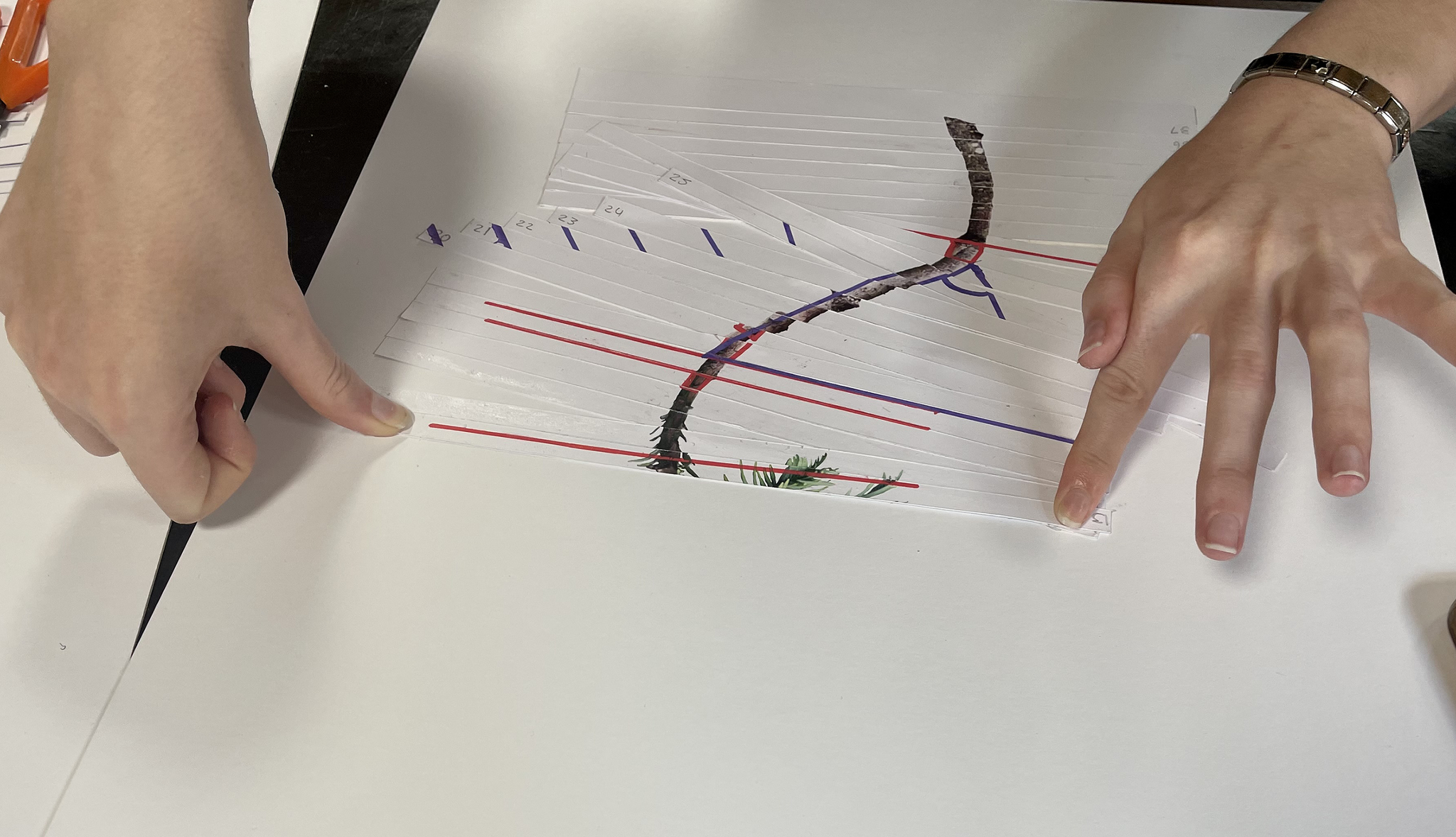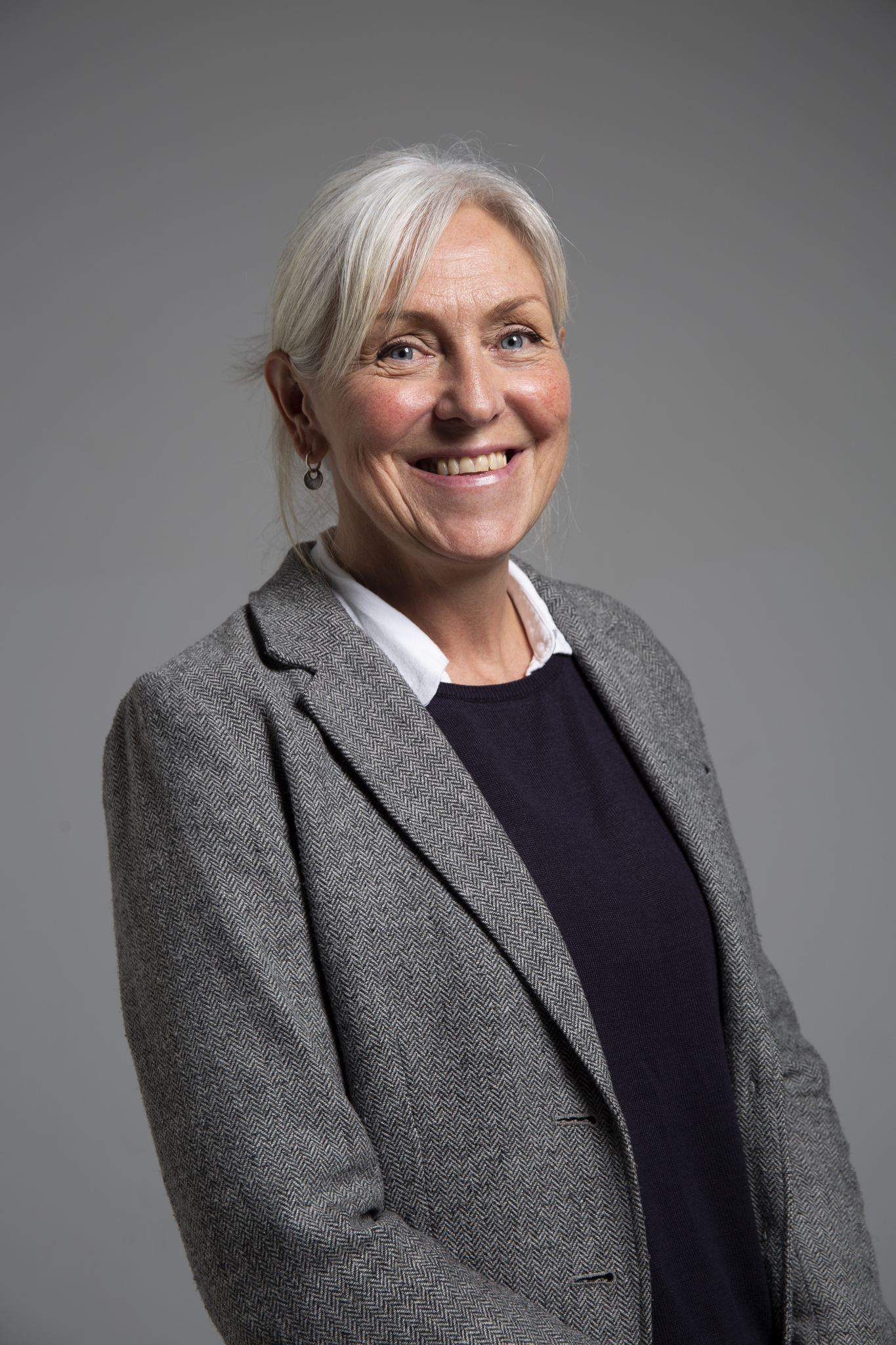———————————
Drawing Intersections: Art, Health and Wellbeing
Catherine Baker, Birmingham City University
The way we interact with the world around us continues to fuel discussion and debate across broad disciplinary boundaries with increasingly important questions being asked about ways of knowing and caring for the world, that are being considered through an art practice lens.
The conventions of drawing, when framed as a physical action involving the hand and the eyes, involves the making of marks on paper however, such a narrow understanding calls into question both the mark and the act of seeing as the process is far more complex than might be seemingly presented. In the context of the twin crisis of human and climate health this paper considers the relationship around and between vision, expanded drawing practices, nature connectedness, and the desperate need to address the growing separation of people and nature through interdisciplinary approaches that united artistic and medical research methods.
Whilst there is a rise in promoting being in nature for improved health, simply being in nature is not enough. Finding ways to reconnect with nature is critical; understanding the complexities of vision and how we interpret the world around us was explored through interdisciplinary art-based workshops as part of the project central to this paper. Historic lab-based research by the author, that involved recording eye movements and using these eye movements to create a drawing that bypassed the hand, was employed in the delivery of an interdisciplinary art, health and wellbeing funded research study with young, post-operative, scoliosis patients in 2022/3. Using an expanded understanding of drawing methods participants, and their families, engaged in a series of interdisciplinary workshops led by artists, a developmental psychologist, a paediatric orthopaedic surgeon, and a human geographer, in the non-clinical setting of the Royal Botanic Gardens Edinburgh, UK. Integrating insights from different disciplines, provided valuable tools for critical reflection, ethical decision-making, and as a way of redefining problems outside of established boundaries.
Recognised by leading publications including the BMJ Medical Humanities and The Lancet, and via exhibition and public performance(s) with internationally significant galleries and cultural festivals, researchers from the team have since joined forces with The Royal Botanic Garden Kew’s learning team, known for their award-winning outreach and influential environmental education and engagement programmes.
Whilst the work we have created so far has helped us grapple with the questions highlighted herein and ultimately understand the processes of seeing in relation to our perception of a stable world there is more to be done. In a world facing complex and interconnected environmental and health situations, reaching new solutions through creative interdisciplinary approaches offers new ways of understanding. In so doing, we seek to find ways of weaving together art practices, narratives of human health, and environmental wellbeing through recognising their profound interdependence in the face of contemporary challenges.
Keywords: art, expanded drawing, health, art and health, Interdisciplinary


